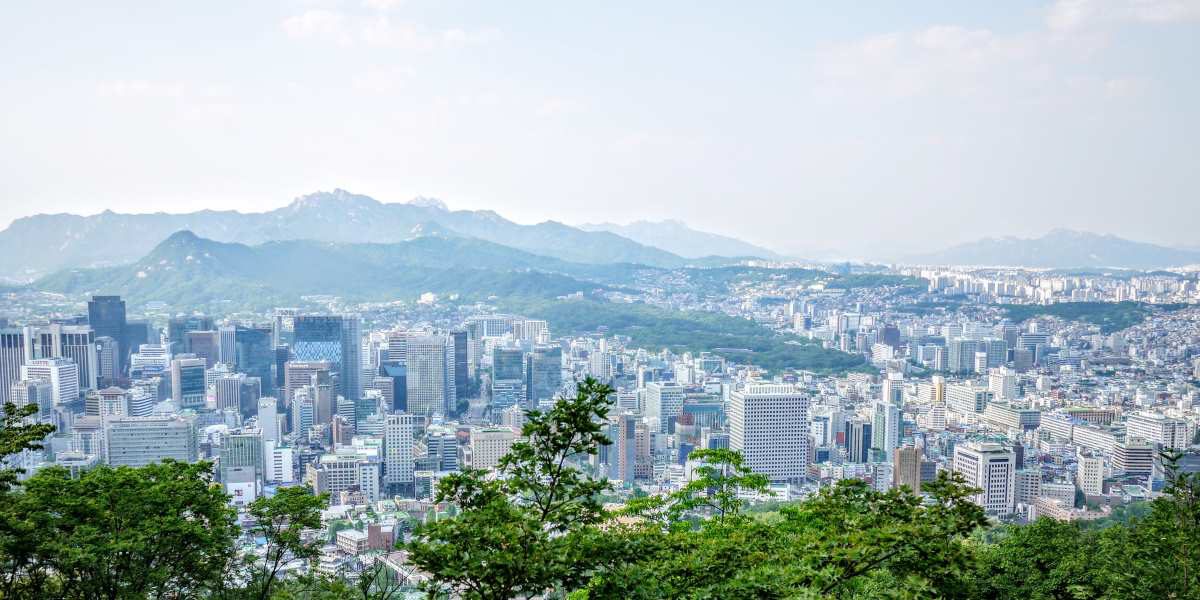Another interesting and experience filled excursion to the International Council of Archives conference completed. This year it was held in Seoul, South Korea.
It is an opportunity to visit a country I had never ventured to before, but more importantly, it is a rare opportunity for Archivists to gather in large number (over 2000). Here we can share knowledge, outline the challenges being experienced and encourage each other. Often many Archivists are working within a shrinking budget environment and racing to understand the impact the digital realm has on skill sets, storage and sharing methodologies. Gathering together every 4 years on a mass scale we get a chance to talk first hand with those involved in projects we have been watching through the digital realm.
The congress sessions covered the areas of:
1. Recordkeeping in the Digital Age
2. Cooperation
3. Use of records and archives in justice, advocacy and reconciliation work
4. Harmony and friendship in the global archives world
5. Diversity and harmony among archival cultures and societies
6. Korean Archives and Records Management
7. New Professionals
8. Celebration of Achievements of the ICA Network since 2012
With around 250 presentations on offer during the conference period it can be quite overwhelming as to what to choose that will provide the biggest “bang for your buck”. A focus I have in the archive I manage at the moment is around Community Archives. This was an area I was keen to delve into at the conference. My meaning of “Community Archive” is centered around educating and encouraging persons in my district to understand the value of archives and how they can contribute to the memory of their district. This could be achieved by individuals undertaking some simple steps to manage the historical records and artefacts they create and hold. In short, taking personal responsibility to collect, preserve and manage archives produced at a personal or organisational level. We have extensive administrative archival history of the district from local government archives but a poor archival history from a community perspective.
With this in mind I attended the presentations on Folk Song Archives (China), Temple Archives (Thailand), Nepalese Archives and one on a government project that is rolling out photograph roadshows to villages across Fiji. The takeaway points for me were around the need to engage the public with archives that are interesting and create conversation e.g. photography and film that then inspire and showcase the value of a rich archival history. Seek the assistance of people holding trusted positions within communities e.g. as in the monks from the rural temples. These monks then work with communities to bring in the local archives and hold them in the temple archives at a local level. And finally, head out of the archives to where the communities are that you wish to engage with e.g. as did the Fijian Archives with their road show.
On a larger scale, the keynote speeches always inspire and encourage me. John Hocking (United Nations) spoke of taking archives “out of the box into the world” and that each archive holds a key to something, which I found incredibly encouraging. Working in a council archive in a smallish community, by yourself, you can sometimes start to wonder if what you are doing is of any use or value to anyone other than the staff accessing the archives. You get over that quickly when you successfully answer a question for someone but it is encouraging to be surrounded by others who also have those thoughts occasionally too. Keeping in mind that an archive will long outlive you and therefore the archives you hold contain answers that future generations are looking for, not just today.
I was also thrilled to learn more about the Korean Dynasties dedication to records keeping and archives. In addition, how this archival tradition carries through to the modern day. There seems to be a clear understanding within the Korean worldview as to the value that records and archives hold. Take the records, read, learn, replicate with improvements, develop and move forward. An example given of this was the movement of the Korean economy from one of the poorest nations in the world to ranked 11th in GDP within one generation.
As I continue to mull over all the aspects taken in over the week at conference I am sure more will come to mind and gel into a plan that I can take forward. I am looking forward to this with a renewed sense of energy again.
At the conclusion of the conference was a day for Professional Visits. I was fortunate enough to get a place on the visit to the Seoul National Archives and a Folk Village. This visit alone deserves a separate post to be written in the near future. My trip to South Korea has satisfied my wandering travelers feet for now and the conference has refreshed my spirit.
Recognition: Seoul photo by Emile-Victor Portenart, Creative Commons Zero licence, published with thanks from Arcavee.com
Share this Post

